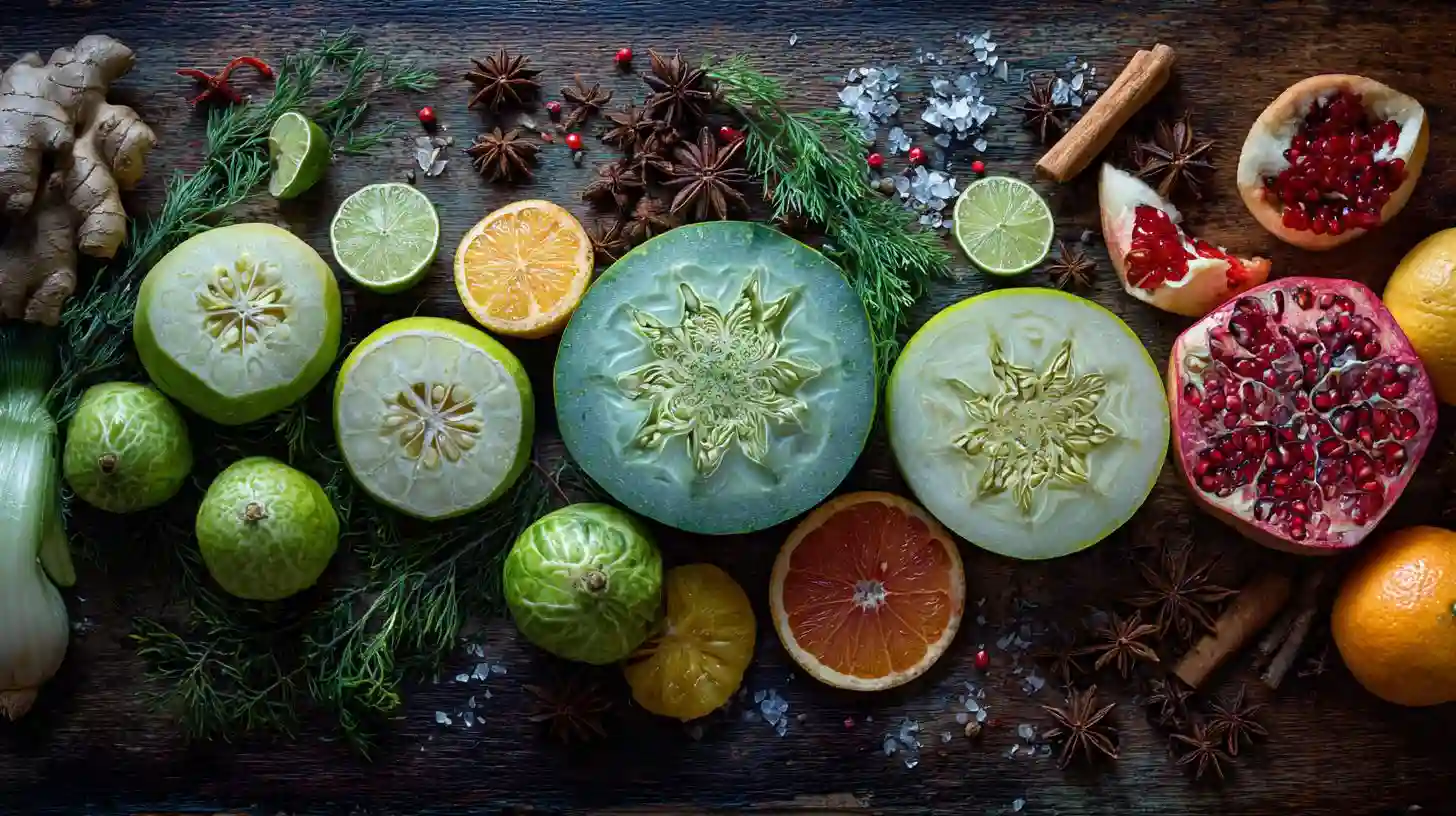
Maintaining a healthy winter diet is essential for everyone, but for green lovers, this season presents unique challenges and opportunities. With colder weather often leading to cravings for comfort foods that may not be the healthiest, it's crucial to find ways to incorporate fruits and vegetables into your meals while still feeling fulfilled and satisfied. One of the primary strategies for a successful winter diet is to embrace seasonal produce, which is usually at its peak freshness and flavor during this time. Root vegetables such as carrots, beets, and sweet potatoes are excellent choices. Not only do these vegetables have a longer shelf life, but they also offer a range of nutrients that can help support your immune system during the winter months.
Another approach is to get creative with cooking methods. Roasting is a fantastic way to bring out the natural sweetness of winter vegetables. Tossing root vegetables in a little olive oil, salt, and your favorite herbs before roasting them can create a flavorful side dish that pairs well with various proteins. Similarly, incorporating vegetables into hearty stews or soups can provide warmth and nourishment. Using a mix of onions, garlic, and seasonal greens like kale or collard greens can enhance the flavor while adding essential vitamins.
Fruits can sometimes be more challenging to find during winter, but there are still plenty of options to explore. Citrus fruits, such as oranges, grapefruits, and lemons, are in season and not only add vibrant flavors but also serve as excellent sources of vitamin C. Including fresh citrus in your winter diet can boost your immune health and brighten up those dreary days. You can enjoy them fresh, use them in salads, or even create refreshing juices and smoothies to start your day on a positive note.
For those who enjoy experimenting in the kitchen, incorporating frozen fruits and vegetables can be a lifesaver. Many frozen options are picked at peak ripeness and can be just as nutritious as their fresh counterparts. Berries, for instance, can be blended into smoothies, added to oatmeal, or used in baked goods. Similarly, frozen greens can seamlessly blend into soups, stir-fries, or casseroles while still retaining their nutritional value.
In winter, it’s also essential to pay attention to whole foods that provide lots of fiber and nutrients. Whole grains such as quinoa, brown rice, and farro make excellent bases for warm grain salads loaded with roasted vegetables and topped with a homemade dressing. This not only enhances the nutritional aspect of your meals but also ensures that you feel full for extended periods, helping to combat those winter cravings.
To maintain a healthy winter diet, try to incorporate color wherever possible. A colorful plate is often indicative of a variety of nutrients and can make your meals more visually appealing. Think about mixing seasonal greens with bright carrots, deep purple beets, and vibrant orange squash. Eating a rainbow of fruits and vegetables not only contributes to your overall health but can also keep your meals exciting and delightful.
Spices are another important component of a winter diet. Using warming spices like cinnamon, ginger, and turmeric can enhance the flavors of both fruits and vegetables while also providing additional health benefits. For instance, ginger can be included in smoothies or warm teas, while turmeric can be a fantastic addition to soups and curries. These spices can help with digestion and fight off the winter blues, making your diet both delicious and supportive of your overall well-being.
Planning your meals ahead of time can also help in maintaining a balanced winter diet. Preparing a weekly meal plan that focuses on seasonal fruits and vegetables can make grocery shopping easier and more efficient. This ensures you are well-stocked with the ingredients necessary to whip up healthy meals without resorting to unhealthy quick fixes. Finally, remembering to stay hydrated during winter is crucial. Sometimes we forget to drink enough water when it's cold outside, but herbal teas or infusing water with fruits can keep things interesting and encourage proper hydration.
As winter progresses, keeping mindful of the nutritional value of the foods you choose can empower you to make healthy decisions, even in the season of indulgence. By incorporating a variety of fruits and vegetables, employing creative cooking methods, and planning thoughtfully, green lovers can thrive during winter with a healthy, vibrant diet that satisfies both body and soul.